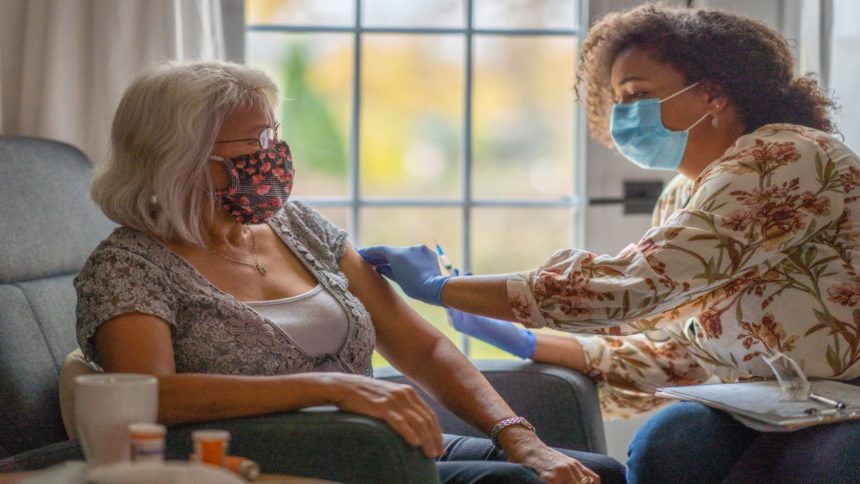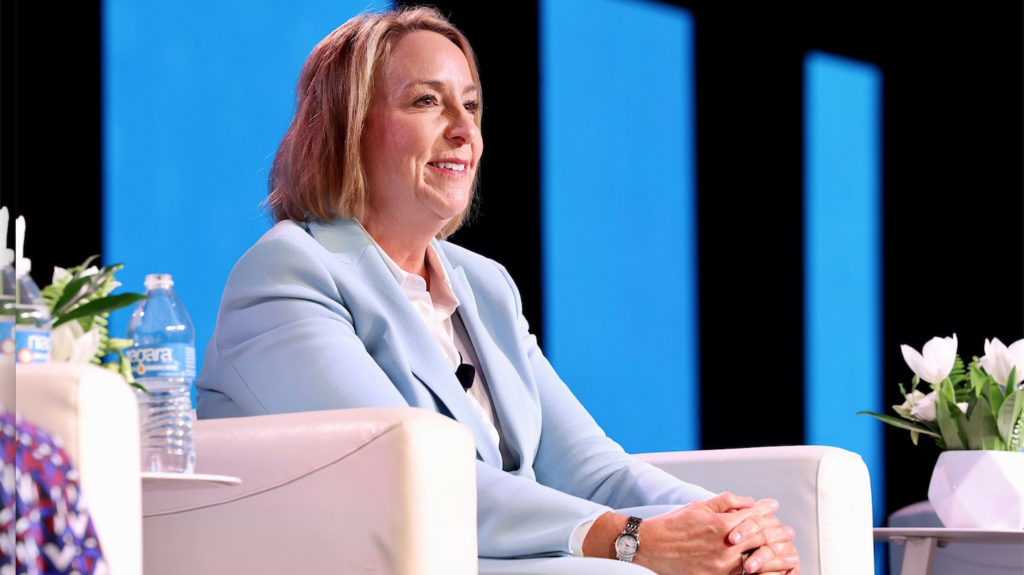
New eye-in-the-sky sensors could help alleviate anxiety, depression and social isolation among dementia caregivers.
University of California Berkeley psychologists and home healthcare technology firm People Power installed sensors that hook up to AI and smartphone technology in the homes of 350 dementia patients around the U.S.
“The sensors are designed to provide a sort of ‘eye in the sky’ that doesn’t get tired and gives caregivers a break,” UC Berkeley psychology professor Robert Levenson said during a recent virtual conference of the Association for Psychological Science.
In two randomized controlled trials, the researcher placed sensors in homes to track people’s movements, including the use of doors, stoves, water and medicine cabinets. The sensors would activate alarms to alert caregivers.
The study found caregivers who received the maximum number of sensors and were able to respond to alerts experienced a significant decline in anxiety after the first three months of the experiment. An earlier study by Levenson found dementia patients who had caregivers suffering from depression and anxiety typically died sooner than those being looked after by caregivers with good mental health.
The National Institute on Aging provided a $4.5 million grant for the study.




